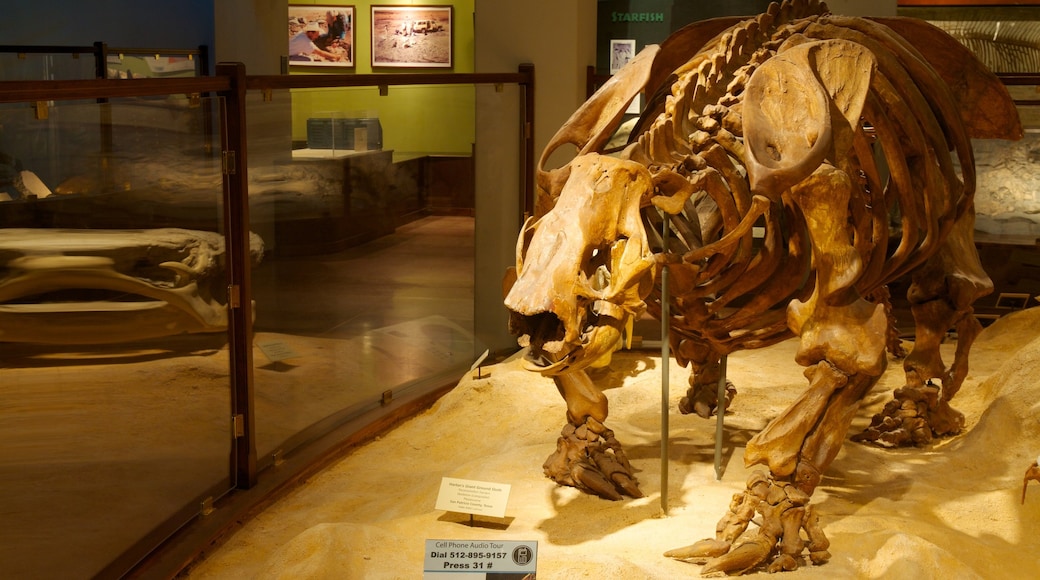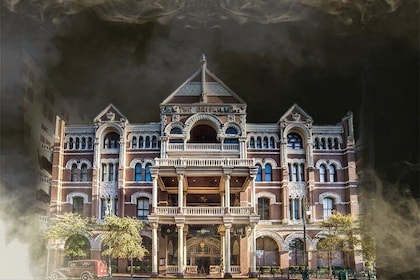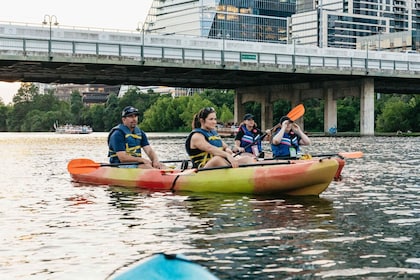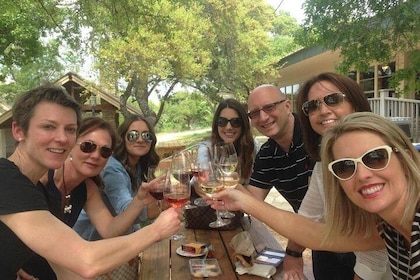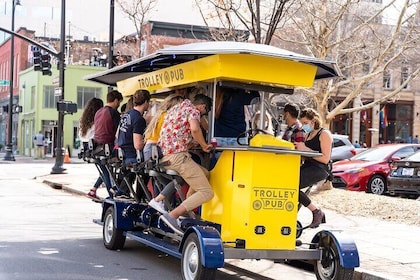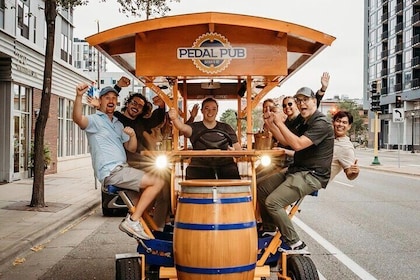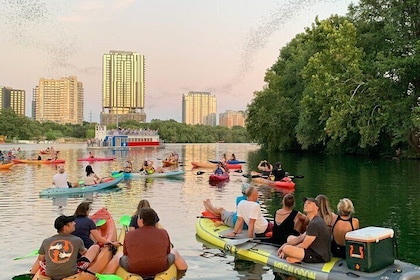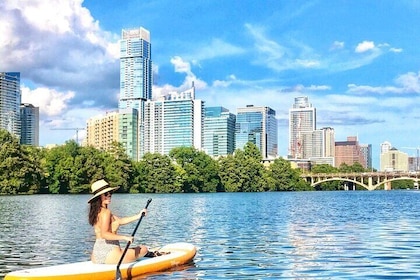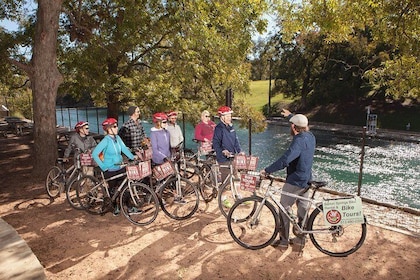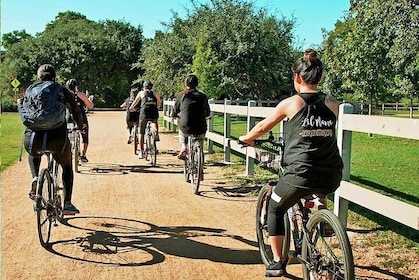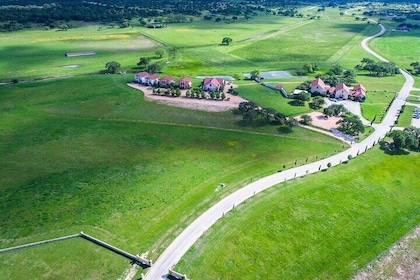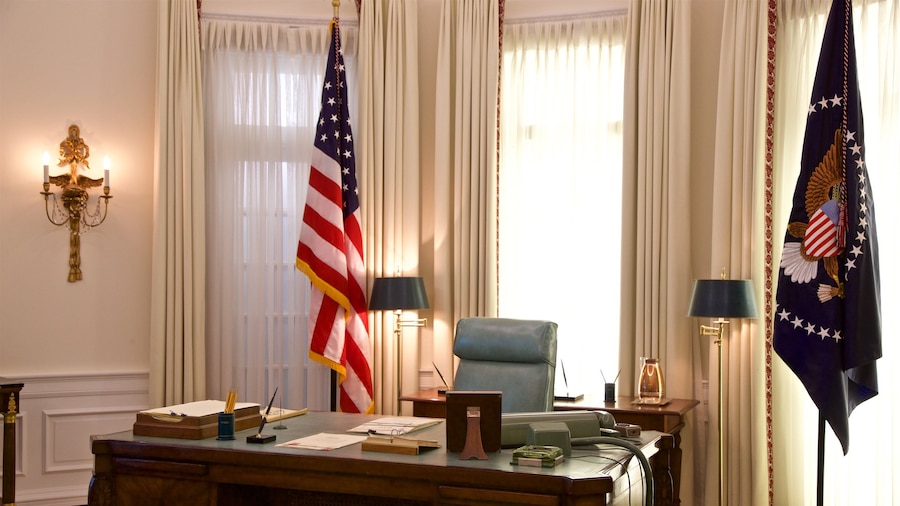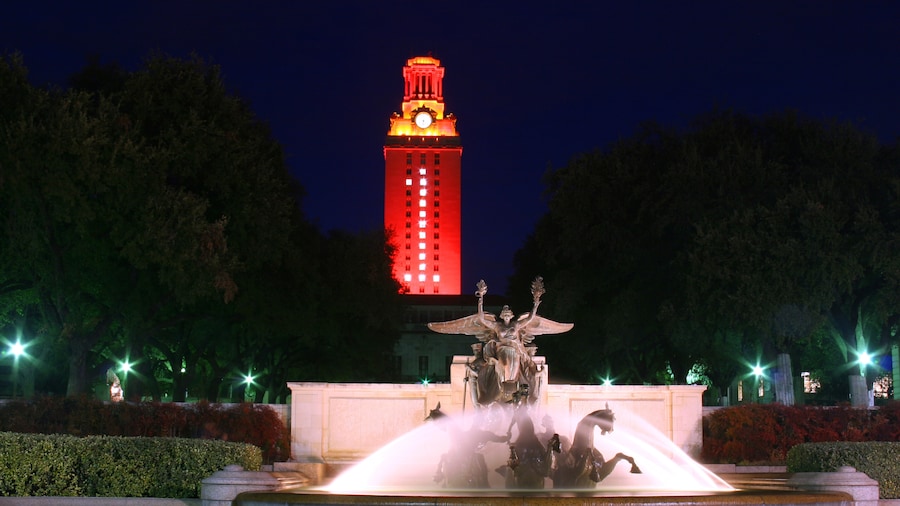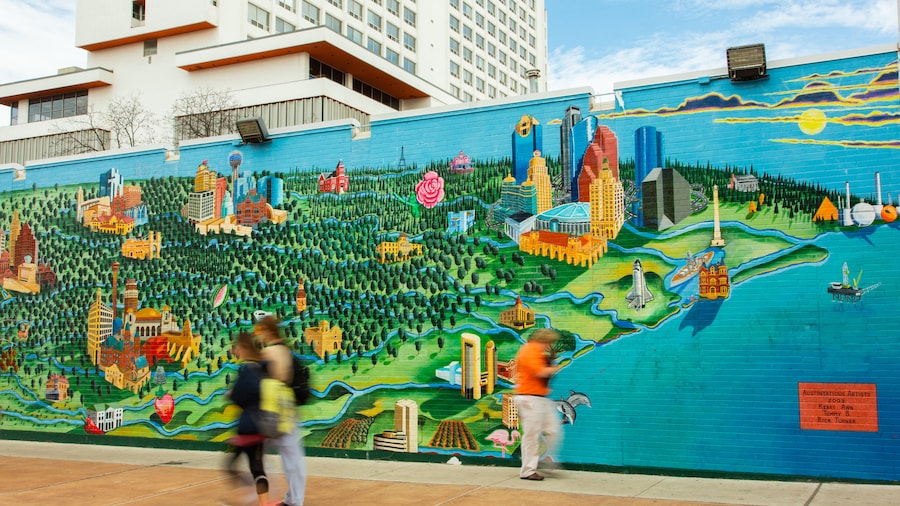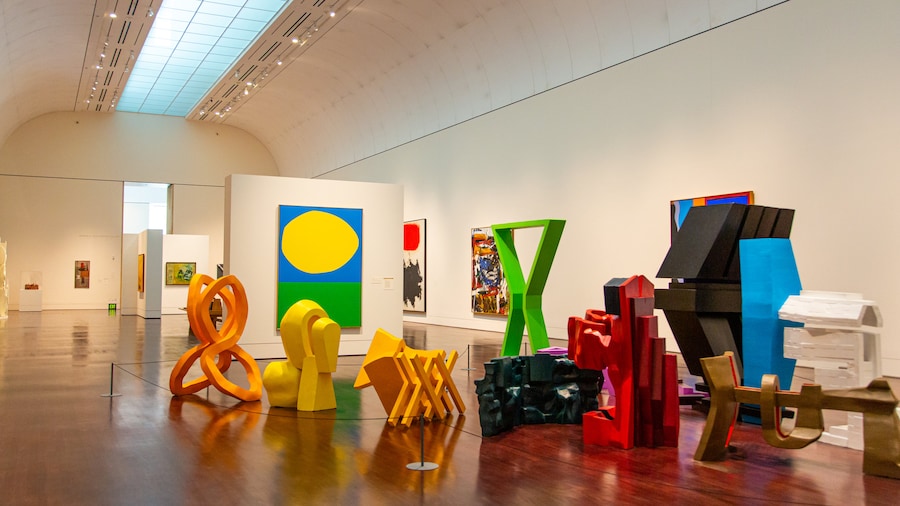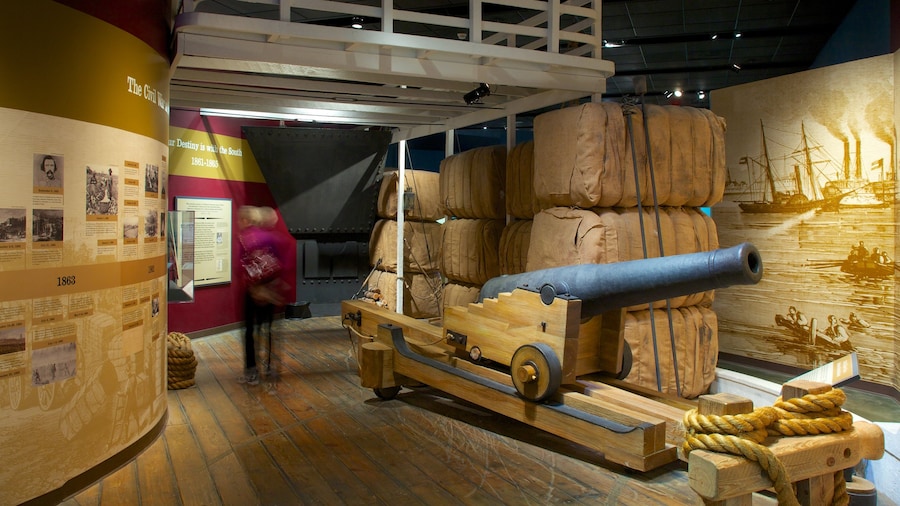Walk the course of scientific history and learn about everything science, from dinosaurs to DNA, through numerous intriguing exhibits.
The Texas Memorial Museum can easily fill an entire day with its treasury of more than 5 million specimens resulting from the research conducted at the Texas National Science Centre. Its four floors are filled with different treasures, and each floor is dedicated to a specific focus. Exhibits are displayed in chronological order, so begin on the first floor to see the dinosaurs before moving upwards to end your visit learning about contemporary biological research.
See the fossils of more than 500 dinosaurs and other prehistoric creatures in the Hall of Geology and Palaeontology on the first floor. Touch and feel a dinosaur femur bone, and inspect the Onion Creek mosasaur, a 9-metre, shark-like, aquatic reptile that roamed the waters of Texas during the Cretaceous period (about 89-65 million years ago). All of the fossils were collected in the Austin area.
Marvel at the suspended Texas pterosaur on the second floor, unearthed by scientists from the University of Texas. It is the largest flying creature ever discovered. You can also see some of the museum's most valued dinosaur specimens rotating in exhibition here, which provides greater diversity for returning visitors. Gems and minerals collected from the local area are also on show here.
The third floor features the Hall of Texas Wildlife, where you will see a variety of taxidermied native Texan wildlife. There is also a section highlighting Texan fish, with multimedia displays, underwater photographs and specimens, highlighting the diversity and value of these fish.
Explore more recent scientific contributions to biological evolution on the fourth floor. The seven sections within the hall educate you on interesting topics like the development of HIV over the years.
You can find the Texas Memorial Museum on the University of Texas campus located on Trinity Street. Open daily except for public holidays, Christmas Eve and New Year's Eve, admission is free. The museum often closes when the University of Texas is playing a home football game, so check the schedules before visiting. While there is no restaurant within the museum, there are plenty of dining options in the surrounding area.
